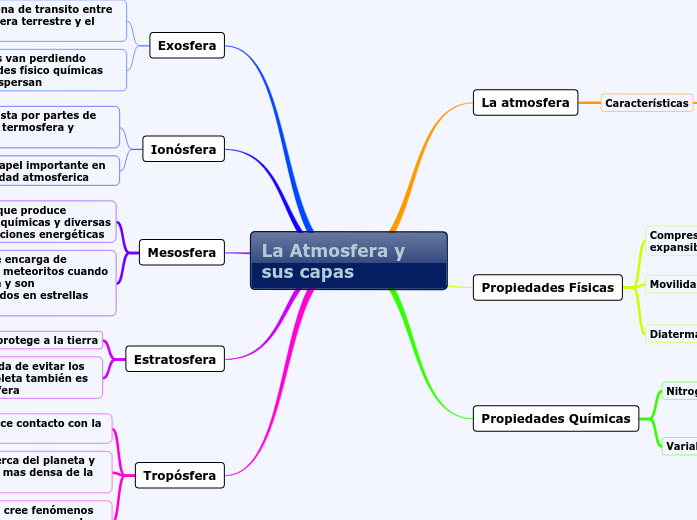La clasificación de los materiales
To name your story, you have to think about the overall message and what you want your audience to understand from the story. Also, make it relevant and easy to remember.
Compuestos
Se trata de todo material combinado a partir de una unión (no química) de dos o más componentes que da lugar a una combinación de propiedades específicas que no es posible de obtener en los materiales originales
Poseen puntos de fusión y de ebullición, conductividad eléctrica, dureza y solubilidad en disolventes polares y apolares
Ejemplos: Ácido Nítrico, Hidróxido de sodio, Nitrato de plata, etc.
Semiconductores
The ending of a story is essential. We all know that if the ending is weak, what happened before loses its importance. So make it unpredictable, but fair. A resolved ending answers all the questions and ties up any loose threads from the plot.
Se tratan de materiales cuya conductividad eléctrica puede ser controlada, de manera que pueden comportarse como conductores o como aislantes
Poseen propiedades de mecanibilidad, ductilidad y sobre todo conductividad eléctrica
Extrínsecos
Cuando a la estructura molecular cristalina del silicio o del germanio se le introduce cierta alteración
Ejemplos: Cadmio y aluminio
Intrinsecos
Se encuentra en estado puro, o sea, que no contiene ninguna impureza, ni átomos de otro tipo dentro de su estructura
Ejemplos: Germanio y el silicio
Cerámicos
The middle of the story is where you add layers of complications that will lead to the end. Reveal more about the character's journey. Did their personality go through changes? How did they overcome the challenges? And as you build up the story’s central conflict, make it more personal to that character. Also, from the middle act, you have to lead into the final act.
Son aquellos materiales obtenidos por compactación de un polvo en la forma deseada para su uso, y consolidación de esa geometría mediante un proceso de cocción
Posee bajo peso, alta rigidez y dureza, baja tenacidad, alta resistencia al calor y al desgaste, además de propiedades aislantes
Tradicionales
Basan su composición principalmente en la arcilla, cemento, vidrio, etc. Ejemplo: Ladrillos, tejas, etc.
Avanzados
Se obtienen a base de materias primas de alta pureza y composición química controlada, Ejemplo: Titanato de bario, etc..
Polimeros
In the beginning of the story (or the exposition), you will need to introduce the setting and characters. You might also want to introduce the main conflict. This part of the story is important because it gives the reader necessary background information and maybe even a first insight into a character’s personality.
Son macromoléculas formadas por la unión de moléculas más pequeñas
Posee resistencia mecánica, elasticidad, temperatura de transición y la temperatura de fusión
Sintéticos
Se obtienen industrialmente. Ejemplos: nailon, poliestireno, PVC, polietileno
Semisintéticos
Se obtienen por transformación de polímeros naturales. Ejemplo: caucho vulcanizado, etc
Naturales
Se encuentran en la naturaleza. Ejemplos: Polisacáridos, proteínas, ácidos nucleicos, caucho
Metales
Son sustancias inorgánicas que están compuestas de uno o más elementos metálicos, los cuales se obtienen por procesado de minerales con compuestos metálicos, presentes en la naturaleza
Sus propiedades son: La conducción de calor y electricidad, ductilidad, maleabilidad y un aspecto brillante
No ferrosos
Son aquellos en cuya composición no se encuentra el hierro
Son blandos y tienen poca resistencia mecánica
Ejemplos: Oro, plata y platino
Ferrosos
Se caracterizan por tener el hierro como metal base
Sus propiedades son la atracción magnética y una gran resistencia a la tracción
Ejemplos: Acero inoxidable, el acero al carbono y el hierro forjado










